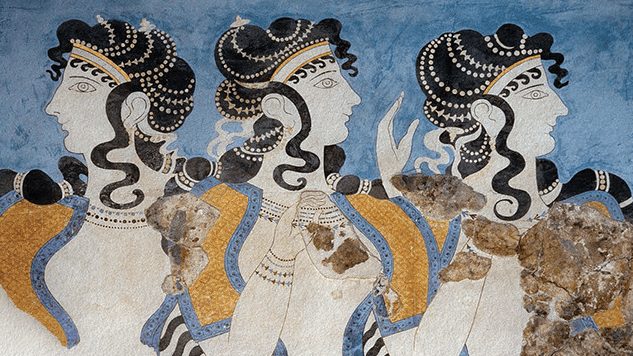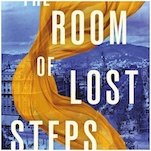The Best Book of 2018 Is Roughly 2,800 Years Old

It is annoying, repeating tales that have been told before.
—Odysseus to Alcinous, The Odyssey (Book XII, lines 452-3)
The first stanza of Emily Wilson’s electrifying translation of Homer’s The Odyssey opens and closes with the poet’s directive: “Tell me about a complicated man… [T]ell the old story for our modern times. Find the beginning.” This is not the epic I slogged through in high school, nor the one I failed to warm to in college. This is not The Odyssey of Roberts Fitzgerald and Fagles, with their florid wish to hear the Muse sing. As Wilson points out in her excellent introduction, memory is the mother of the Muses, the end for which their means are meant, and her Odyssey achieves that end with page-turning force.
The declarative ardor of that first stanza not only casts my mind back to the blowsy translations I’ve long disliked, but it also allows me to “remember” that The Odyssey, as we read of Odysseus and Penelope exchanging stories near the poem’s conclusion, was “another pleasure” on par with lovemaking. Far from annoying or repetitive, Wilson’s translation draws the text through the ages even as it pulls us back; it tells the old story for our modern times, registering as a work of art all its own.
 In this simpler, firmer language—so solid you feel as though you might knock knuckles on it—The Odyssey becomes a new poem altogether, with layers I missed in earlier translations’ dense overgrowth of language. This isn’t to say that Wilson’s rendering is “plain,” though. Consider her description of Penelope’s suitors after Odysseus massacres the lot, spread across the hall at Ithaca “like fish hauled up out of the dark-gray sea in fine-mesh nets; tipped out upon the curving beach’s sand, they gasp for water from the salty sea.” No, Wilson’s Odyssey is best described as sleek, not without its fillips of invention, but more circumspect in their deployment. “Tell me about a complicated man” is but the first of many arresting phrases for our hero’s character, humanizing a larger-than-life figure until he assumes the shape of a man:
In this simpler, firmer language—so solid you feel as though you might knock knuckles on it—The Odyssey becomes a new poem altogether, with layers I missed in earlier translations’ dense overgrowth of language. This isn’t to say that Wilson’s rendering is “plain,” though. Consider her description of Penelope’s suitors after Odysseus massacres the lot, spread across the hall at Ithaca “like fish hauled up out of the dark-gray sea in fine-mesh nets; tipped out upon the curving beach’s sand, they gasp for water from the salty sea.” No, Wilson’s Odyssey is best described as sleek, not without its fillips of invention, but more circumspect in their deployment. “Tell me about a complicated man” is but the first of many arresting phrases for our hero’s character, humanizing a larger-than-life figure until he assumes the shape of a man:
“Wily Odysseus, the lord of lies.”
“Odysseus—survivor!”
-

-

-

-

-

-

-

-

-

-

-

-

-

-

-

-

-

-

-

-

-

-

-

-

-

-

-

-

-

-

-

-

-

-

-

-

-

-

-

-








































